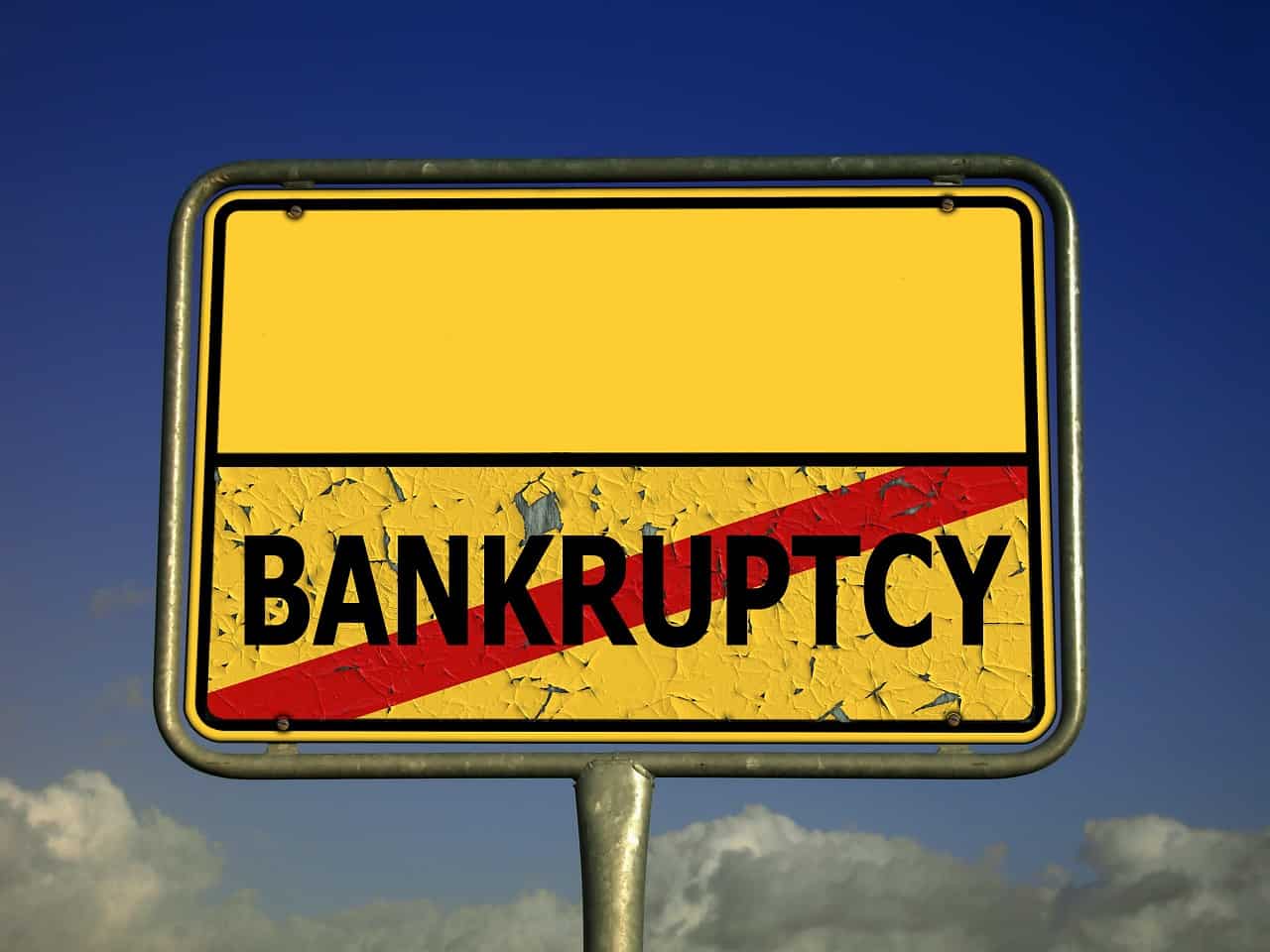The State Council of China has issued new regulations concerning the handling of local finance platforms in a bid to stymie their systemic risk potential.
On 13 April the State Council issued the “Opinions Concerning Further Deepening Reform of the Budget Management System” (关于进一步深化预算管理制度改革的意见), which call for “clearing up and standardising local finance platform companies, peeling away their government financing function, and lawfully implementing bankruptcy reorganisation or liquidation of those that have lost their repayments capability.”
They also call for “improvement to market-based, rule-of-law based handling mechanisms for debt defaults; encouraging debtors and creditors to negotiate for the disposal of outstanding debts, pragmatically preventing malicious absconding from debt, and firmly preventing accumulated risk from becoming systemic risk.”
The release of the Opinions follows a sizeable number of defaults by local finance platforms, triggering concerns amongst regulators about their risk potential, particularly given that they serve as means of increasing “hidden” government debt.
Finance platform companies are defined as “comprehensive investment companies” that are established by local governments or their departments via fiscal allocations or injections of assets such as land and equity.
The platform companies are independent legal persons that play an investment and financing role for government projects, and can assume a range of forms including construction investment companies, construction development companies, investment share-controlled companies and state-owned asset companies.
Because the debt of the financing platforms is considered new government debt, Chinese authorities have expressed strongconcern about their potential risk implications.
China is currently host to at least 10,000 local finance platforms, while China International Capital Corporation (CICC) estimates that as of the end of 2018 local finance platforms had interest bearing debt of over 30 trillion yuan, equal to 34% of GDP.
The debt service coverage ratio of these platform companies was just 0.4, meaning that their operating cash flows were unable to cover the debt and interest scheduled to come due that year.
Recent years have seen a spate of defaults by local finance platforms, with data from 21st Century Business Herald indicating that in 2020 at least 21 of them failed to make payments on instruments, as compared to 23 in 2018 and 48 in 2019.
China’s local governments have undertaken efforts to tackle this problem, with Chongqing, Hunan, Shaanxi and Shandong all issuing local finance platform transition plans, outlining the use of mergers, acquisitions and restructuring to convert them into “public welfare state-owned enterprises.”
Some provinces have also put restrictions on the number of financial platform companies permitted to operate, such as Shaanxi, which allows no more than four in local municipalities, with the exception of Xi’an and Xixian New District.
With regard to the new Opinions, one local analyst said that bankruptcy and restoration are the “last option” when it came to dealing with “hidden debt,” but that in the short-term it was unlikely that this method would be used due to the massive impact of such bankruptcies on a region.

